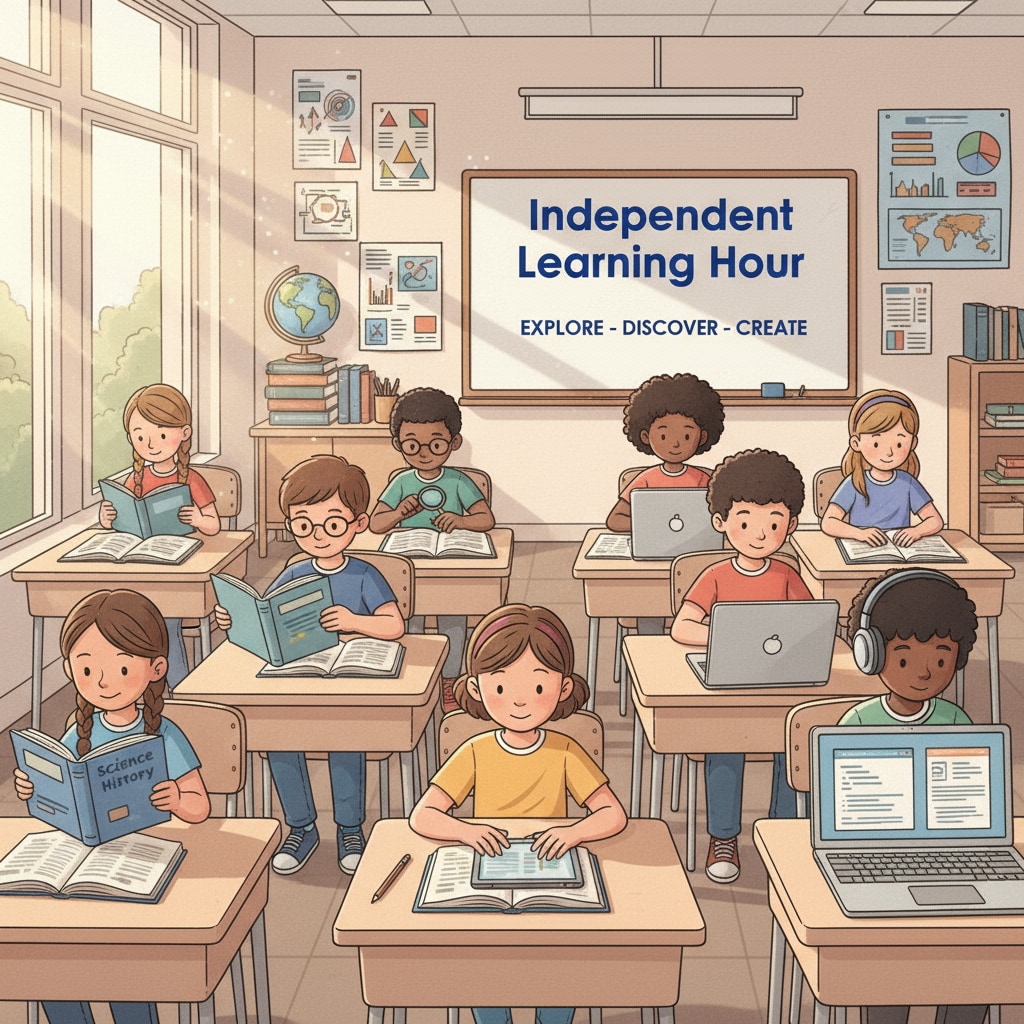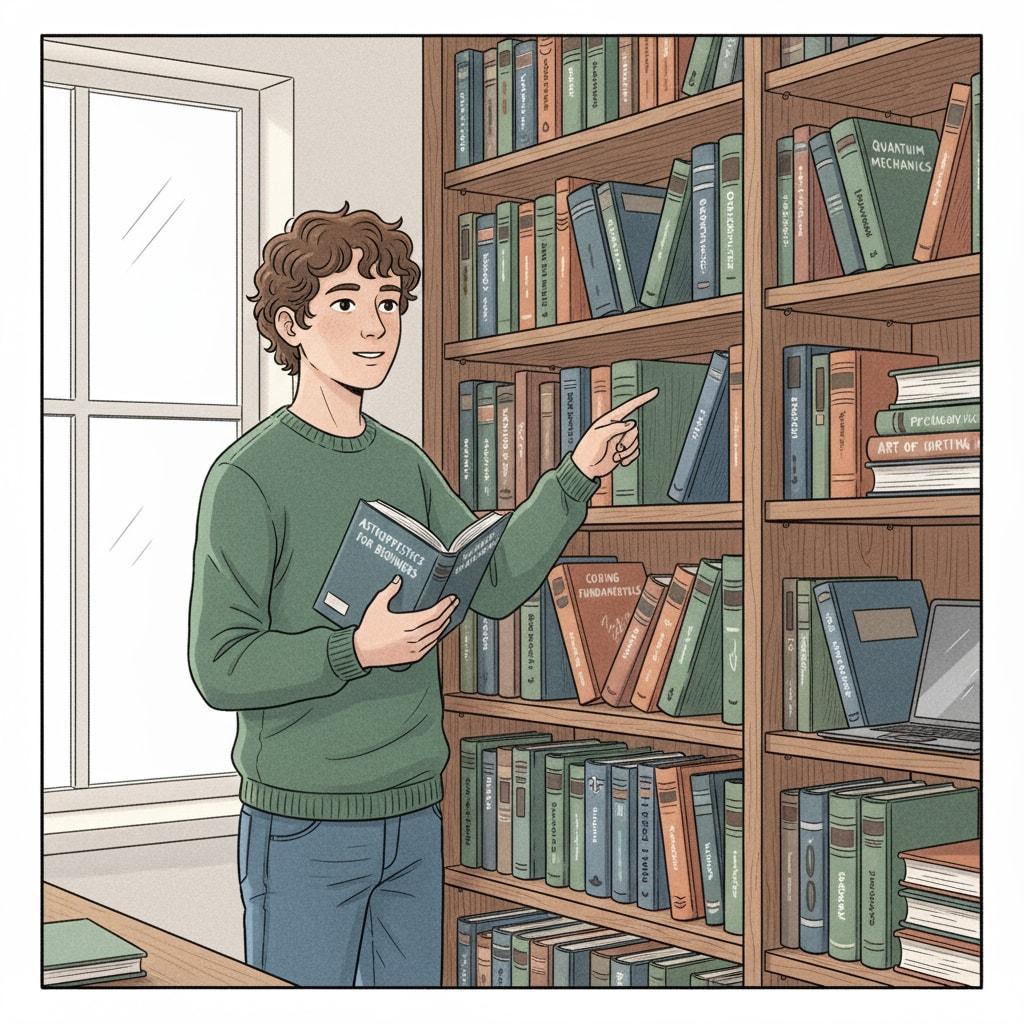Educational gaps, self-study resources, and GCSE courses are crucial topics for teenagers who have faced disruptions in their education. Many adolescents find themselves in a situation where they have missed out on formal schooling, and now they are seeking ways to catch up. This article aims to provide them with valuable guidance and resources.

Understanding the Educational Gap
Education is the foundation for a successful future. However, various reasons such as family issues, health problems, or financial difficulties can lead to educational interruptions for teenagers. This results in an educational gap that needs to be addressed. For example, a teenager might have had to take a long break from school due to an illness, and upon returning, they find it hard to keep up with the curriculum. According to Education Endowment Foundation, these gaps can significantly impact a student’s academic progress.
Self-Study Resources for Teenagers
Self-study is an excellent way for teenagers with educational gaps to regain control of their learning. There are numerous resources available. Online platforms like Khan Academy offer a wide range of courses for free. They cover various subjects relevant to the GCSE curriculum. In addition, educational apps such as Duolingo for language learning can be very helpful. Textbooks are also a valuable resource. They provide in-depth knowledge and exercises for practice.

Another important aspect is the use of libraries. Local libraries often have a vast collection of educational materials, including reference books, study guides, and past exam papers. This access to a wealth of information can be a game-changer for self-studying teenagers.
GCSE Courses: A Path to Reconnect with Education
The GCSE courses in the UK are designed to provide a broad-based education. For teenagers with educational gaps, these courses can be a stepping stone back into the educational mainstream. There are many online courses available that specifically focus on GCSE subjects. These courses are often structured in a way that is easy to follow, with video tutorials, interactive exercises, and assessments.
Moreover, some educational institutions offer part-time or evening classes for GCSE courses. This flexibility allows teenagers to fit their studies around their other commitments. For instance, a teenager who is working part-time to support their family can still pursue their GCSE studies in the evenings.
In conclusion, teenagers with educational gaps have the opportunity to overcome their challenges through effective self-study resources and the pursuit of GCSE courses. By taking advantage of the available tools and opportunities, they can bridge the educational divide and get back on track towards achieving their academic and career goals.
Readability guidance: Short paragraphs and lists are used to summarize key points. Each H2 section provides a list of relevant information. The proportion of passive voice and long sentences is controlled. Transition words are scattered throughout the text to enhance flow.


